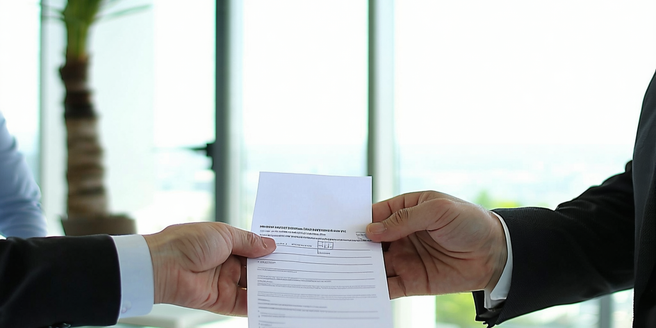Understanding Security Deposits And Fees

What Is a Security Deposit?
A security deposit is a sum of money held by a landlord during the term of a lease to ensure that the tenant adheres to the conditions of the rental agreement. Typically, this deposit covers any potential damages or unpaid rent owed by the tenant at the end of the lease. Should the tenant fulfill all obligations as agreed, the deposit is refundable. It acts as a financial safety net for landlords, helping them mitigate potential risks associated with renting out their property. Usually equivalent to one or two months’ rent, the amount of a security deposit can vary based on local laws and the terms outlined in the lease agreement. Understanding the role and purpose of a security deposit is crucial for both landlords and tenants alike.
Difference Between Security Deposits and Fees
While both security deposits and fees involve financial transactions related to renting, they serve distinct purposes. A security deposit is a refundable sum held against damages or breaches in the rental agreement, while fees represent non-refundable charges for specific services or administrative costs. For instance, pet fees or application fees are one-time payments that compensate the landlord for additional risks or processing work. Unlike deposits, fees do not get returned after the lease ends. Tenants should differentiate between these terms because fees, unlike security deposits, do not provide any return at the conclusion of a tenancy. Properly understanding these distinctions can prevent confusion and help tenants plan their rental expenses more effectively.
Legal Regulations Surrounding Security Deposits
Legal regulations for security deposits vary widely depending on location, making it crucial for both landlords and tenants to understand their local laws. Jurisdictions often specify maximum deposit amounts, timelines for return, and conditions under which a landlord may withhold the deposit. It is important for landlords to stay informed about any legal changes to avoid potential penalties. Some regions require the deposit to be held in a separate escrow account, ensuring protection and transparency. Additionally, landlords might need to provide a list of itemized deductions when returning deposits. Engaging with these legal frameworks ensures both parties maintain compliance and aids in avoiding disputes. Familiarizing oneself with these regulations not only protects tenant rights but also upholds the landlord’s legal obligations.
Common Uses for Security Deposits
Security deposits serve several important functions, primarily acting as a safeguard for landlords against potential damages to the property. The funds can cover repairs for any damages exceeding normal wear and tear, such as broken fixtures or stained carpets. They may also be applied to unpaid rent if the tenant vacates without settling their dues. In some cases, security deposits fund end-of-tenancy cleaning to bring the unit back to its original condition. It is important for both parties to have a clear agreement regarding what the deposit may cover. By understanding these common uses, tenants can better maintain their rented space, ensuring a full refund upon move-out. Transparency about potential deductions can also reduce conflicts between landlords and tenants.
How to Protect Your Security Deposit
Tenants can take specific measures to protect their security deposit. First, conducting a thorough initial walk-through of the rental property and documenting its condition with photos or videos provides proof against unwarranted deductions. Regular inspections during the lease term can also help spot any potential issues early. Keeping the rental space clean and promptly reporting maintenance issues to the landlord helps prevent damage. Before moving out, tenants should request a pre-move-out inspection to identify necessary repairs, allowing them to address issues directly. After vacating, leaving the property clean and intact is crucial. By ensuring clear communication with the landlord and understanding the conditions for the deposit’s return laid out in the lease, tenants significantly increase their chances of receiving a full refund.